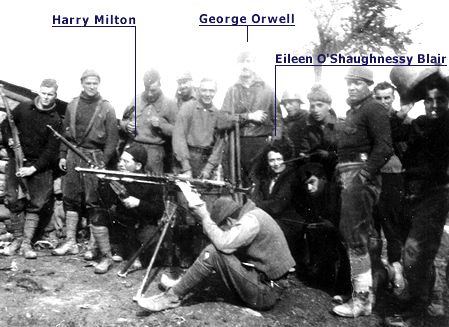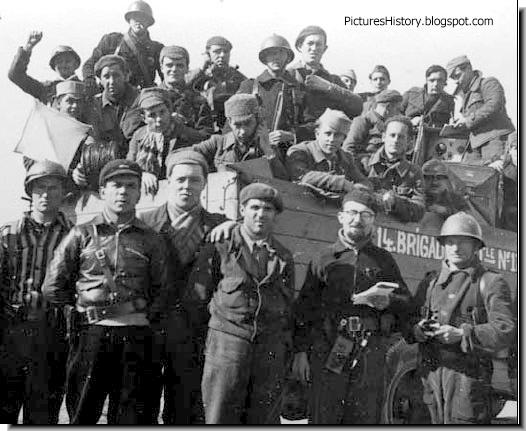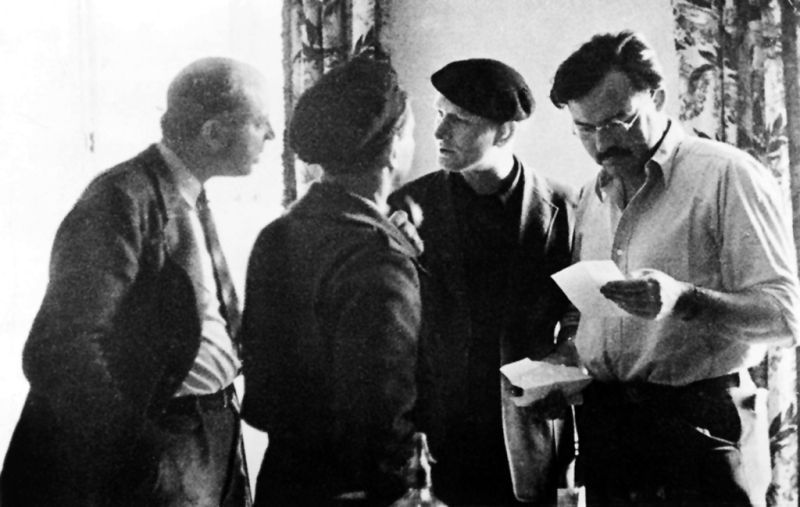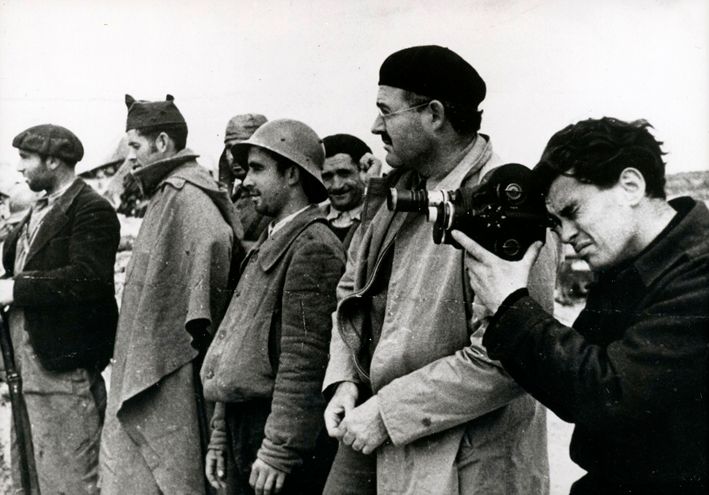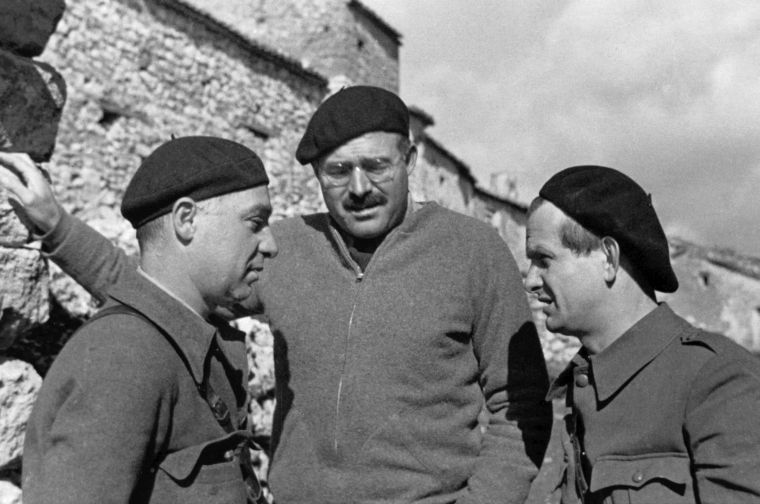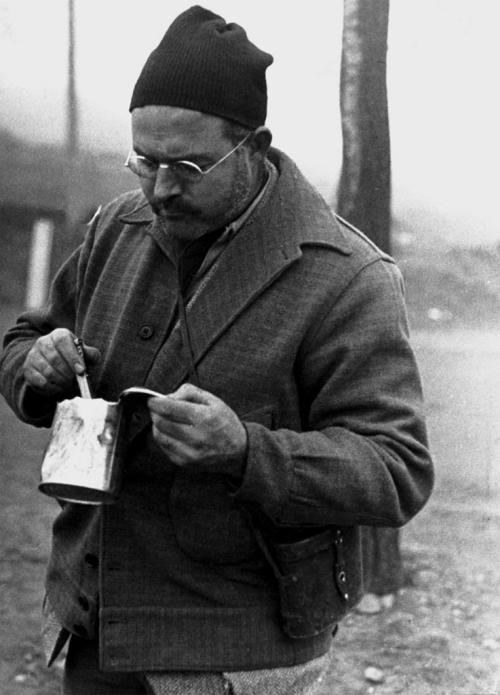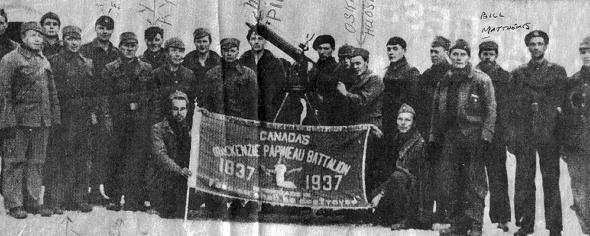cookie
I'll Lock Up
- Messages
- 5,927
- Location
- Sydney Australia
One of the most chilling memories of Franco in action I have read was him signing off death warrants as he was driven to work.
But then he regarded the extreme or Socialist Left as a total threat to the Spanish way of life. He followed that old political adage of "whatever it takes". He believed that the root and branch removal of the extreme Left from Spanish political life was essential. In this he is reminiscent of Pinochet. Both believed that the Left was a revolutionary force. Both were simplistic in this conclusion but nevertheless it motivated their decision to repress the Left permanently. History seems to have indicated that their approach may have born fruit as in neither country has the Extreme/Revolutionary Left been able to rise to their former political prominence.
The Soviet Union did well out of the Civil War whilst supporting the losers because along the way they got hold of 35 tonnes of Spanish gold out of the National Exchequer....not to mention some very nice art.
But then he regarded the extreme or Socialist Left as a total threat to the Spanish way of life. He followed that old political adage of "whatever it takes". He believed that the root and branch removal of the extreme Left from Spanish political life was essential. In this he is reminiscent of Pinochet. Both believed that the Left was a revolutionary force. Both were simplistic in this conclusion but nevertheless it motivated their decision to repress the Left permanently. History seems to have indicated that their approach may have born fruit as in neither country has the Extreme/Revolutionary Left been able to rise to their former political prominence.
The Soviet Union did well out of the Civil War whilst supporting the losers because along the way they got hold of 35 tonnes of Spanish gold out of the National Exchequer....not to mention some very nice art.



